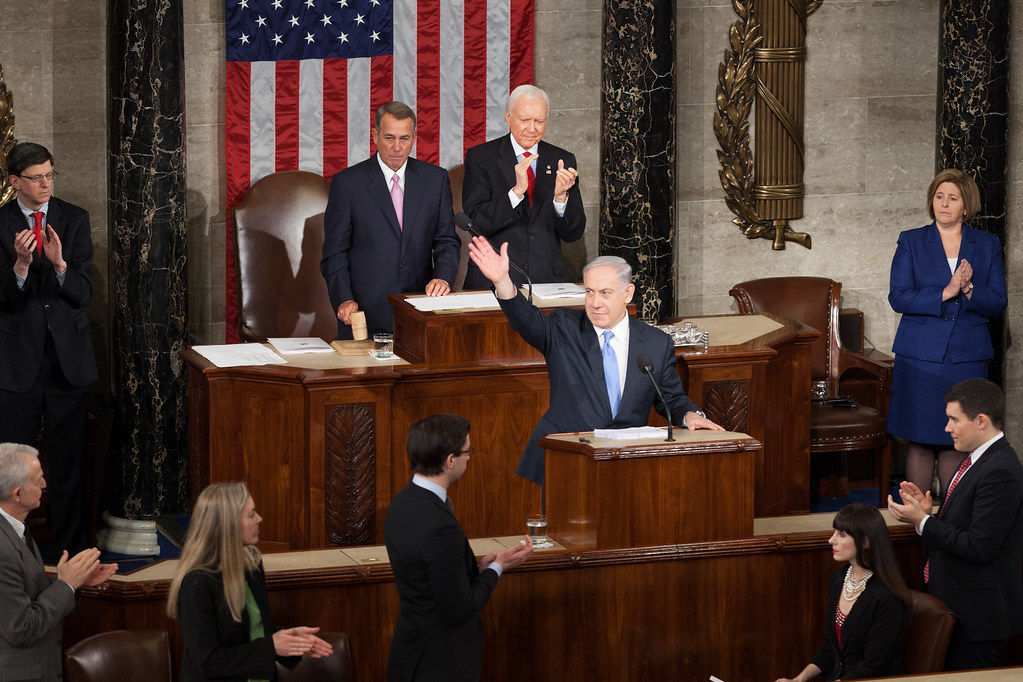Believe it or not, there are brief moments in the library, while students are present, when you can hear a pin drop, and everyone here is aligned with the intended use of the space. As I write this at 9:47 am on a dreary April morning, I look up and take in the tranquility. There are eleven students and three faculty members present, all silent. I only hear the clacking of my keyboard. And then, someone snuck their phone in and is so consumed by their scrolling that they don’t see me watching them, caught red-handed. I ask, “Are you on your phone?” The student answers by plopping the contraband on the table, in front of the person next to them, savagely shoving their friend under the bus: “It’s not mine!” The friend looks straight ahead, numbly. Betrayed, they slink over to the circulation desk and turn in their device. I think to myself, this student should get better friends, and I feel sorry for them, but only briefly, because I remember that they violated the phone policy and should be banned from the library. We usually only ban students who are egregious in their violations; typically, excessive noisemaking or phone use. The library has been a Phone-Free Zone for three semesters now. Perhaps if we intensify policy enforcement–”Excuse me, what’s in your hand?” It’s 9:57 a.m. A new group of students has replaced the one that was just there. The culprit in this bunch, a library regular, scoffs at me before surrendering their phone. This student loves the library so much that they don’t even bring any academic materials; they just make the rounds from table to table, discussing mysterious and important work, carrying only a water bottle.
Some students rarely set foot in the library. I assume they go elsewhere to find peace. Many of our students are regulars; a mixed bag of socializers and scholars who frequent the premises. There’s The Hustler, XL Phone Case, Reference Room Kids, Banned Kids (they always return after banishment), The Writers, Specific Athletes, The President, Greg and Tom’s Family, Student Leaders, Middle School Readers, and of course, Water Bottle, to namelessly name a few. Some of them are also chronic non-whisperers.
“Shhhhhhhhh! Shh shh shhh shshh.” We are now well above the pin-drop threshold. It occurred to me recently that some people cannot whisper. Not that they are physically incapable, but they haven’t yet learned to speak without using their vocal cords. Maybe the Library should host a whispering clinic and try to teach them the technique. Years ago, I began studying to be a speech pathologist, but the science courses were daunt–“Excuse me, can you keep it down, please?” Water Bottle is hosting an unproductivity meeting at a table across the room. They turn slightly and leer at me, then continue their proceedings inaudibly, until Water Bottle dismisses the group, returns to their base table, and takes out, is that a laptop? And a…book? I stand corrected. Well played, Water Bottle.
It’s now 10:43. Everyone here who learned how to whisper is doing so. I muse about noise being a construct. Then, more students arrive, and the levels change. Coordinator of Library Services Lisa Puleo walks over to Water Bottle’s table. “Less talking, please.” They stop, then resume the chatter as she walks away. Out of nowhere, some random Middle Schoolers approach me, frantically pointing toward the Reference Room. “How can we get into one of those rooms, because we have to do a project and we…” yada yada yada. I say that they can sign in and walk through the door, which seems to confuse them. We exchange blank stares until Middle School Librarian Samantha Owen warmly ushers them over to the circ desk, and they look relieved.
The library is inherently a silent space where people use their inner monologues to read and research. The non-whisperers call that fake news. How, then, do librarians sustain a quiet and conducive environment for study among the loud and irreverent? Can we mute the madness with a long shush, or must we morph into library lunatics, squelching bad behavior with perpetual bans? That is the question.
“Enough. Enough!” Puleo has almost had enough of Water Bottle’s colleagues at the opposite table. They have been chatting incessantly since they arrived here nearly an hour ago, but mostly quietly. They will probably leave soon, just before one of us has truly had enough. They move out at 10:55, and I have work to do, so I’ll end here.
The library is inherently a silent space where people use their inner monologues to read and research. The non-whisperers call that fake news. How, then, do librarians sustain a quiet and conducive environment for study among the loud and irreverent? Can we mute the madness with a long shush, or must we morph into library lunatics, squelching bad behavior with perpetual bans? That is the question.

























